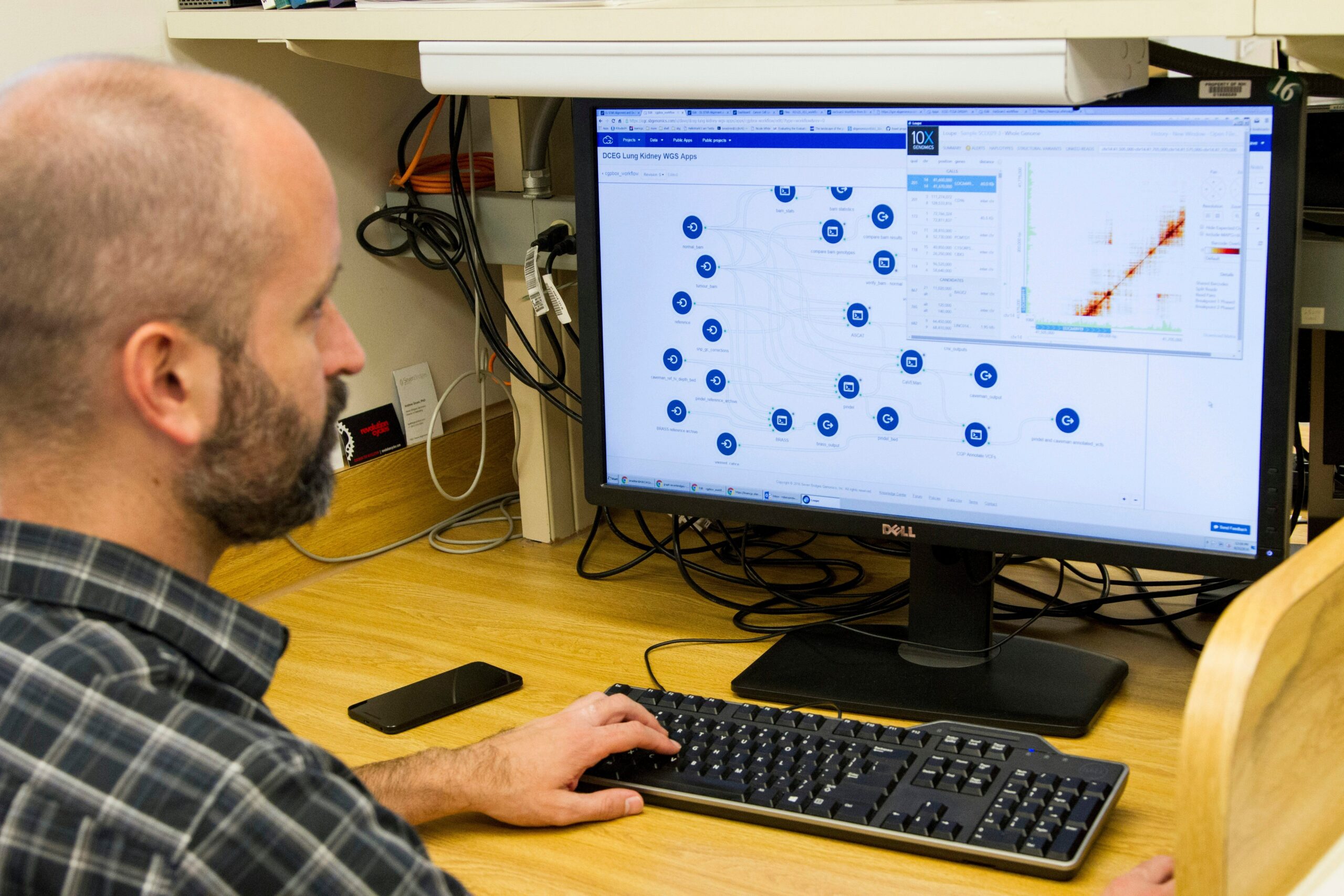
The technology behind sodium-ion batteries has taken a significant leap forward due to a small yet impactful design modification. Scientists at the University of Surrey have discovered that by altering traditional approaches to using nanostructured sodium vanadate hydrate (NVOH), a pre-existing sodium-based material, these batteries not only perform better but also possess the surprising ability to desalinate water. This dual functionality presents an exciting development in energy storage and water purification.
Typically, scientists remove the water content naturally found in NVOH, adhering to standard practices. However, the research team at Surrey explored the effects of leaving the material in its natural, hydrated state. The outcome was a battery capable of holding twice the charge of a typical model, comparable to some of the best-performing cathodes on the market. According to Interesting Engineering, the new NVOH model “stores more charge, charges faster, and remains stable for over 400 charge cycles.” These findings are detailed in a paper published in the Journal of Materials Chemistry A.
Unexpected Discoveries and Implications
“Our results were completely unexpected,” stated Surrey Future Fellow Dr. Daniel Commandeur. “Sodium vanadium oxide has been around for years, and people usually heat-treat it to remove the water because it’s thought to cause problems. We decided to challenge that assumption, and the outcome was far better than we anticipated.”
One of the surprising outcomes was the discovery that this technology can also desalinate water. “Being able to use sodium vanadate hydrate in salt water is a really exciting discovery, as it shows sodium-ion batteries could do more than just store energy — they could also help remove salt from water,” Dr. Commandeur added. “In the long term, that means we might be able to design systems that use seawater as a completely safe, free, and abundant electrolyte, while also producing fresh water as part of the process.”
Potential Disruption in the Battery Sector
This breakthrough could significantly disrupt the booming battery storage sector, potentially making sodium-ion batteries more competitive with lithium-ion batteries, which currently dominate the market. Presently, lithium-ion batteries power 70 percent of all rechargeable devices, from smartphones to electric vehicle batteries to grid-scale energy storage.
Sodium-ion batteries have been gaining traction in research and development as a potential alternative to lithium-ion batteries. While advancements in lithium-ion technology have been considerable, challenges persist in dethroning lithium’s dominance. Lithium-ion batteries are favored for their excellent energy density and performance in cold temperatures, making them “indispensable for high-performance applications,” according to EV World. However, lithium’s environmental impact and geopolitically sensitive supply chains, predominantly controlled by China, pose significant challenges.
Sodium’s Sustainable Edge
Despite lithium’s advantages, sodium offers unique benefits that could position it as a future industry leader. “Sodium is a much more sustainable source for batteries [than lithium],” said James Quinn, chief executive of UK-based battery technology company Faradion, to the BBC. “It’s widely available around the world, meaning it’s cheaper to source, and less water-intensive to extract,” Quinn noted.
“It takes 682 times more water to extract one tonne of lithium versus one tonne of sodium. That is a significant amount.”
The Future of Battery Technology
Industry insiders suggest that sodium-ion batteries are on the brink of large-scale commercialization as technologies advance and costs decrease. However, an all-out replacement of lithium-ion batteries is unlikely. The future of batteries will not be a contest of lithium versus sodium; rather, it will involve leveraging both for their unique attributes to create a more versatile and resilient energy storage sector, among other critical applications.
As the energy landscape continues to evolve, innovations like the sodium-ion battery breakthrough from the University of Surrey highlight the potential for new technologies to address multiple global challenges simultaneously. From enhancing energy storage capabilities to providing sustainable water desalination solutions, the implications of this discovery could shape the future of both industries.
By Haley Zaremba for Oilprice.com
More Top Reads From Oilprice.com:
- India May Reduce Russian Oil Imports for Trade Deal
- Japan’s New PM Pushes for Faster Nuclear Reactor Restarts
- Kazakhstan to Keep New Fuel Price Freeze Until Spring







